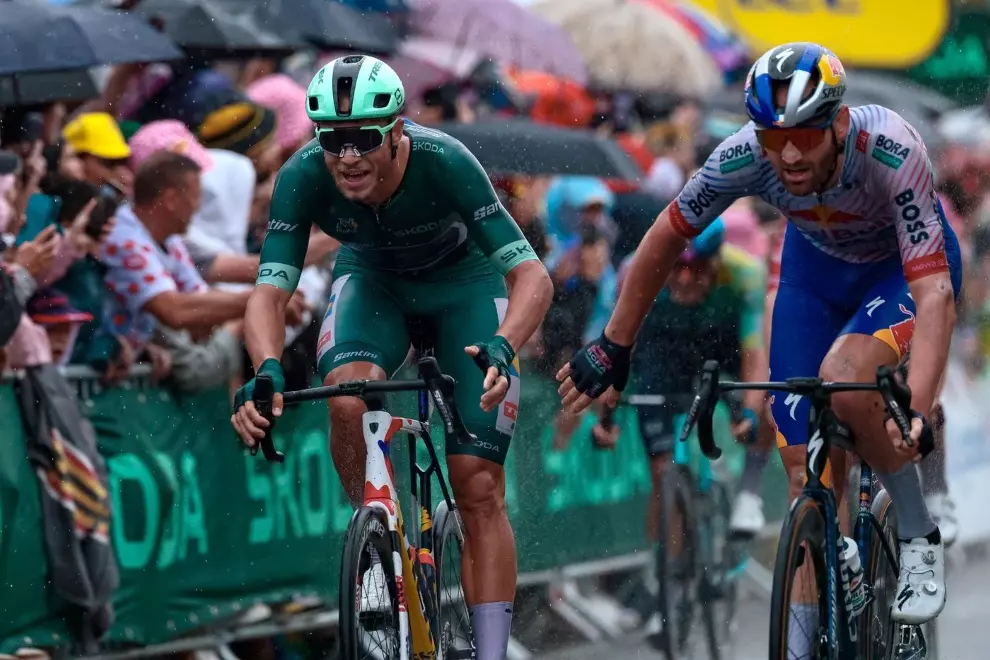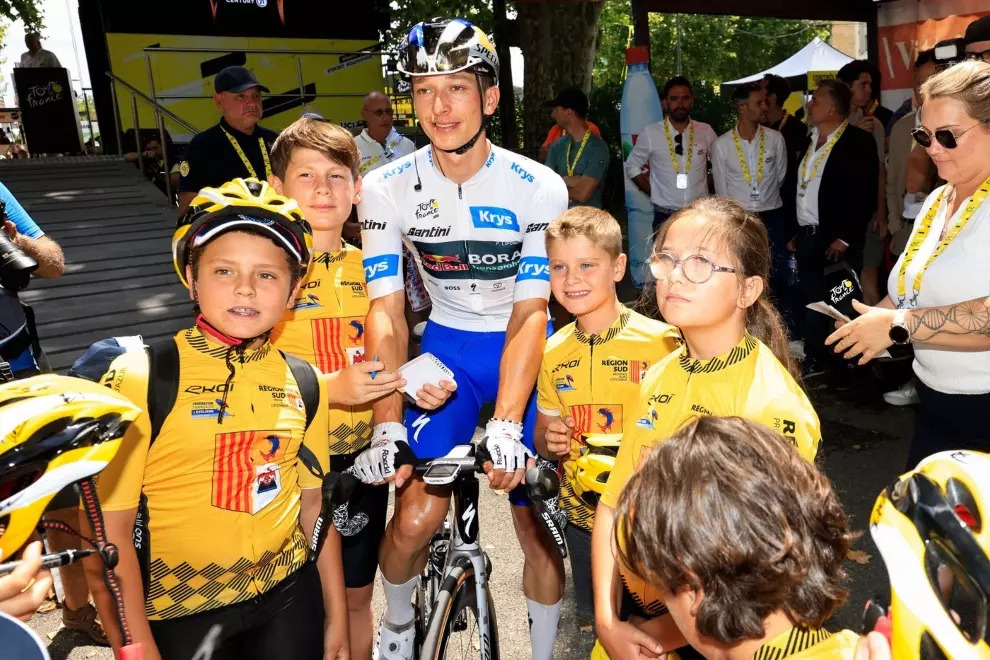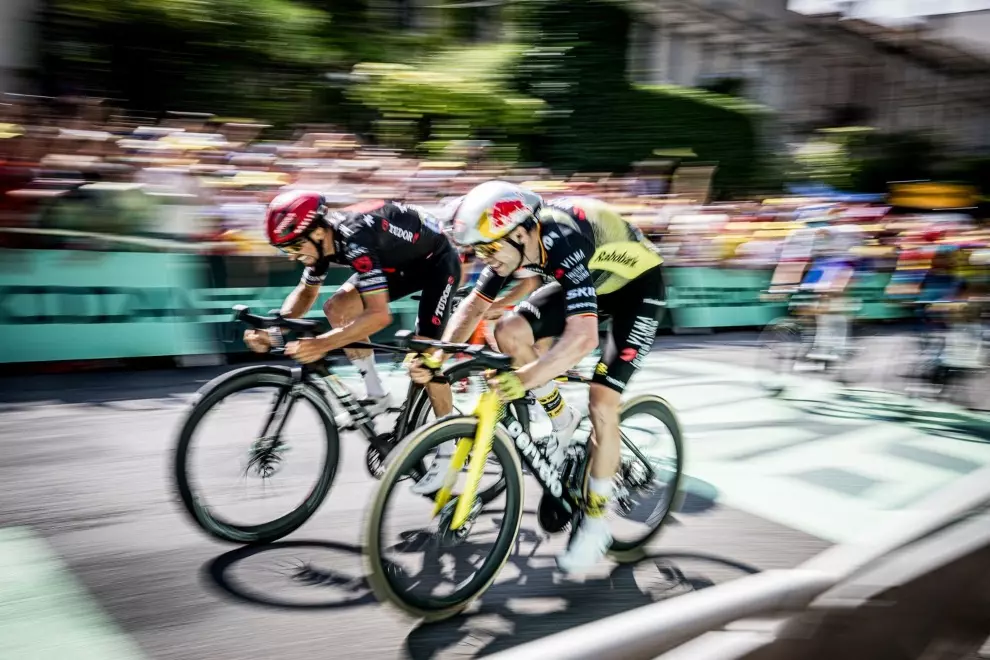However, the trophy haul was down from last year when the team racked up 35 wins, representing its worst showing since 2020, when it was called Alpecin-Fenix and won only 16 races. For one thing, despite the nine wins, it was a down year for Philipsen, who won 19 races last year. Groves also had a disappointing season, winning only those three Vuelta stages and taking the Vuelta points classification only because the green jersey leader, Wout van Aert, crashed out late in the race.
Still, I don’t suppose the team’s managers or sponsors are unduly worried since Alpecin has not been active in the transfer market. In fact, not only have they not brought anyone new into the squad so far, but they have also lost some quality riders. The promising 23-year-old French rider Axel Laurance, who won the 2024 Tour of Norway, has gone to the troubled INEOS Grenadiers, and the 30-year-old Dane, Søren Kragh Andersen – who had a disappointing year but previously won stages in the Tour de France and Paris-Nice – has gone to Lidl-Trek.
As a result, as of this writing, Alpecin-Deceuninck has a World Tour squad of only 22 riders signed for 2025, eight fewer than they carried this year. This could simply mean that contracts for some riders have not been finalized, or it could mean that the team’s bosses, Philip and Christoph Roodhooft, are already working on a strategy for after Alpecin’s leader and main attraction, van der Poel, retires. Van der Poel also had a somewhat disappointing year by his standards, finishing third in the UCI World Championship Road Race and 12th in the Olympics road race – though he did win the UCI Gravel World Championship, a race in which he faced none of the riders who defeated him in the Olympics and the Worlds.

One problem for the team is that the newly crowned Gravel World Champion will turn 30 in January, and Alpecin is very much van der Poel’s team. He draws the crowds, the media, and the sponsors. He wins the big spring classics, world championships (in road, cyclocross, and now gravel), and, when called upon, becomes the world’s best leadout rider for Philipsen. But 30 is a turning-point year.
His one-day-race rivals, Tadej Pogačar and Remco Evenepoel, are significantly younger. Van der Poel seemed not to have answers to Evenepoel in the Olympics and Pogačar in the World Championships when they made their moves. As long as those two riders continue to concentrate on the Grand Tours at the expense of the classics and monuments, van der Poel should continue to find success in the spring.
Is the reason Alpecin has so far shied away from the transfer market because the Roodhoofts are mulling over a post–van der Poel strategy? Earlier this year, van der Poel extended his contract until 2028, and Philipsen’s contract has also been extended to that year. It’s reasonable to see van der Poel as a force for another three years, until he is 33. But after that? Of the 22 riders currently under contract for 2025 on Alpecin’s World Tour team, only four are under 25 years of age. And many of the riders on its development team ride primarily in other disciplines, such as gravel and cyclocross. So there is a real question mark over the team’s road racing future.
Philipsen is 26, and Groves is 25; they should be strong for another three to five years. However, several young sprinters are already nipping at their heels, such as the 24-year-old Jonathan Milan (Lidl-Trek), who won three green jerseys this year, including in the Giro d’Italia, and 23-year-old Olav Kooij, who is being brought along slowly by Visma–Lease a Bike but has already won a stage of the Giro and three stages in Paris-Nice. I assume that eventually their teams will allow them to ride in the Tour de France and/or the Vuelta, where they will presumably face Philipsen and Groves. And there is this year’s Tour de France Škoda Green Jersey winner, Biniam Girmay (Intermarché-Wanty), who is only 24 and getting stronger every year.
So Alpecin-Deceuninck’s strategy of winning one-day races and Grand Tour stages is under threat by both age and youth and does not, for now, look like a sustainable model over the long term. It will be interesting to see what riders the team signs when it finally jumps off the fence and gets busy in the transfer market – if it does.




